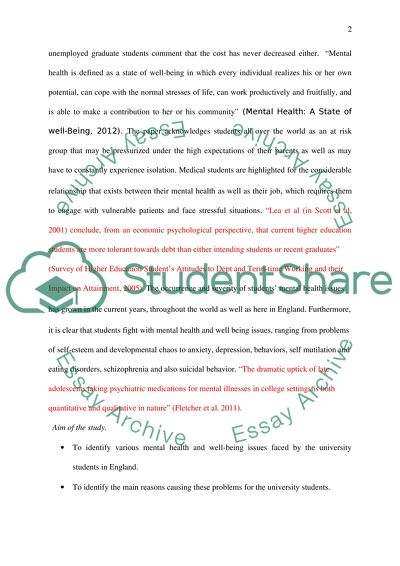Cite this document
(“Research report of study done on mental health and wellbeing of Literature review”, n.d.)
Retrieved from https://studentshare.org/health-sciences-medicine/1461916-research-report-of-study-done-on-mental-health-and
Retrieved from https://studentshare.org/health-sciences-medicine/1461916-research-report-of-study-done-on-mental-health-and
(Research Report of Study Done on Mental Health and Wellbeing of Literature Review)
https://studentshare.org/health-sciences-medicine/1461916-research-report-of-study-done-on-mental-health-and.
https://studentshare.org/health-sciences-medicine/1461916-research-report-of-study-done-on-mental-health-and.
“Research Report of Study Done on Mental Health and Wellbeing of Literature Review”, n.d. https://studentshare.org/health-sciences-medicine/1461916-research-report-of-study-done-on-mental-health-and.


